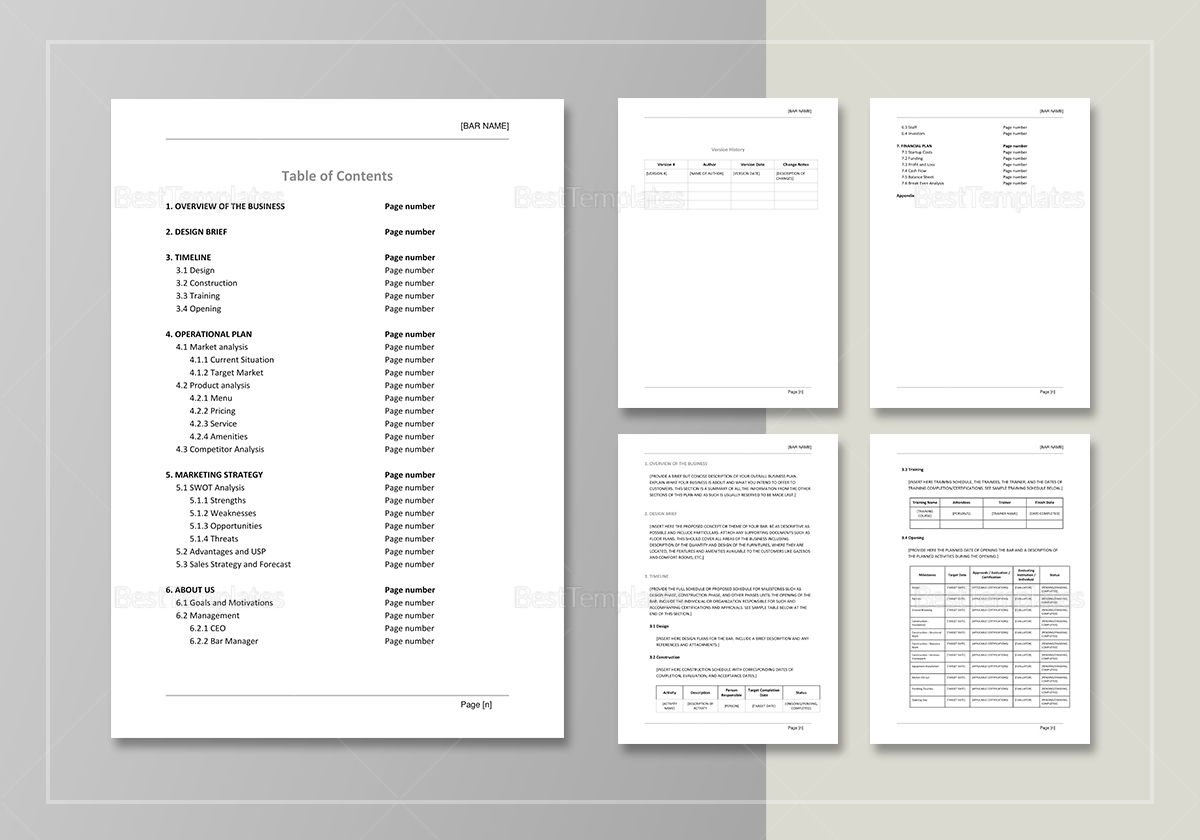Opening a wine bar can be a rewarding venture for those who have a passion for wine and hospitality. However, like any other business, it requires careful planning and execution to ensure success. One key component of starting a wine bar is having a well-thought-out business plan that outlines your goals, target market, marketing strategies, and financial projections.
Creating a business plan for your wine bar will not only help you secure funding from investors or lenders, but it will also serve as a roadmap for your business to follow as you navigate the competitive wine industry.
Wine Bar Business Plan Template
1. Executive Summary: This section should provide a brief overview of your wine bar, including your mission statement, target market, and key objectives.
2. Market Analysis: Conduct research on the wine industry, your competitors, and your target market. Identify trends, opportunities, and potential challenges that may impact your business.
3. Marketing and Sales Strategy: Outline how you plan to attract customers to your wine bar, including pricing strategies, promotions, and partnerships with local wineries or wine distributors.
4. Operations Plan: Detail the day-to-day operations of your wine bar, including staffing requirements, inventory management, and customer service standards.
5. Financial Projections: Create financial forecasts for your wine bar, including startup costs, revenue projections, and break-even analysis. This section will be crucial for securing funding and managing your cash flow.
In conclusion, a well-developed business plan is essential for starting and running a successful wine bar. By following a template like the one outlined above, you can ensure that you have a clear roadmap for your business and increase your chances of long-term success in the competitive wine industry.
